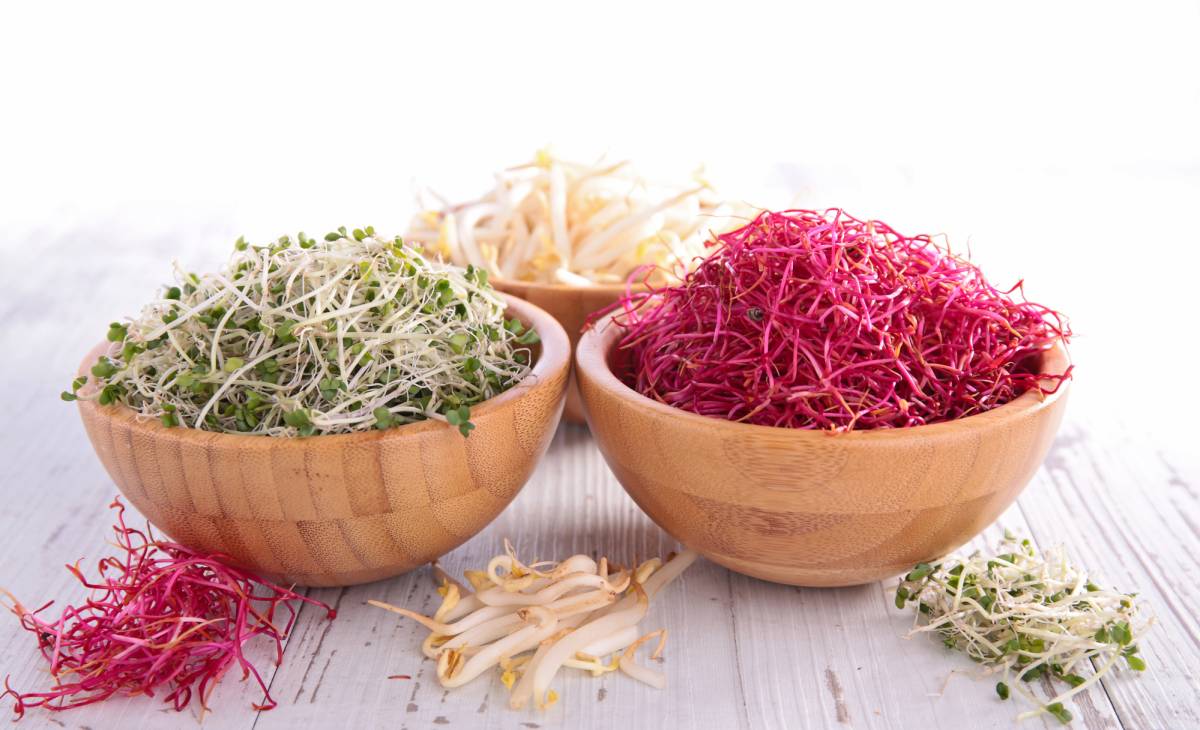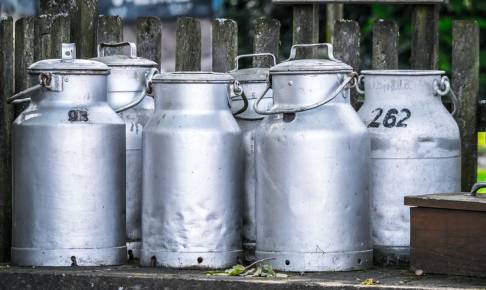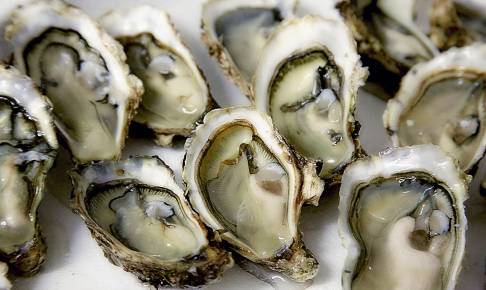FAO/WHO report on prevention and control of microbiological hazards in sprouts
The Joint FAO/WHO Expert Meetings on Microbiological Risk Assessment (JEMRA) has recently published a technical report on the prevention and control of microbiological hazards in sprouts. This report is the result of a series of meetings held to collect, review, and discuss all the relevant measures that need to be taken to avoid contamination.
Sprouts represent a unique food safety challenge because the conditions under which they are produced (warm, moist and nutrient-rich growing environment) are ideal for foodborne pathogen growth. Outbreak investigations have demonstrated that foodborne pathogens found on sprouts most likely originate from the seed, therefore, it is especially important that the seeds used for sprouting are free from pathogens. It is also essential to prevent the introduction of any contaminants anywhere during the production process.
This report covers prevention and control measures specific to the primary production and handling of seed for sprouting, the production of sprouts and hygienic practices applicable to retail and food services. Recommendations for proper record-keeping and the establishment of product traceability programmes that facilitate the identification and investigation of contaminated seed and sprouts in the event of an illness outbreak or product recall are also included.
Microbiological hazards and control measures related to shoots, cress and microgreens where the growth stage is longer and the seeds or roots are not kept in the final product are not covered in this report. Home sprouting or consumer interventions (e.g. cooking) are not covered either.
Source:






















